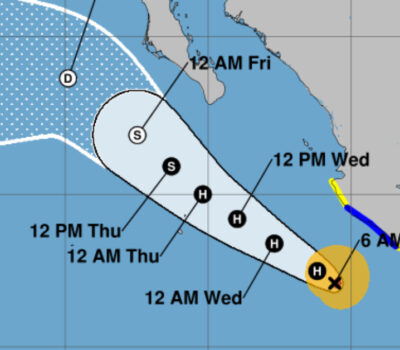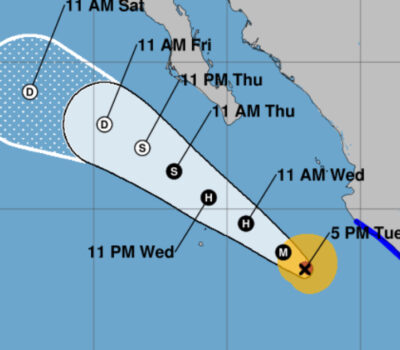
Driving in Mexico
Driving in Mexico has become a significant consideration for many expatriates residing in the country. Understanding the nuances of the Mexican driving landscape is essential for safety and compliance with local laws. For expats, becoming familiar with regulations, road conditions, and cultural differences can make the experience of driving in Mexico both manageable and rewarding.
One of the first steps for expats is obtaining the appropriate driver’s license. Visitors can typically use their foreign driver’s license or an International Driving Permit for short stays. However, for long-term residents, it is advisable to acquire a Mexican driver’s license. The process usually involves a written test, a practical driving exam, and a medical evaluation. Requirements can vary by state, so checking with local authorities ensures compliance with regional regulations.
Vehicle insurance is another critical aspect. Mexican law mandates that all drivers carry liability insurance from a Mexican insurance company. Foreign insurance policies are not recognized, so expats must secure coverage that meets or exceeds the legal minimums. Comprehensive insurance is recommended to protect against theft, accidents, and other unforeseen events. Insurance policies are available for both Mexican-registered vehicles and foreign vehicles with temporary import permits.
Understanding vehicle importation laws is essential for those who wish to bring their own cars into Mexico. Temporary import permits allow foreigners to bring vehicles into the country for a specified period, usually aligned with their visa status. It is crucial to adhere strictly to the terms of the permit to avoid legal complications, including fines or vehicle confiscation. Alternatively, purchasing a vehicle in Mexico can simplify matters, but it requires navigating local registration and taxation procedures.
Road conditions in Mexico vary widely. Major highways and toll roads, known as “cuotas,” are generally well-maintained and offer the fastest routes between cities. These roads have fees that can add up over long distances but provide enhanced safety and convenience. Free roads, or “libres,” are an alternative but may have poorer conditions, less lighting, and more traffic from local vehicles and pedestrians. Staying informed about road conditions through local news or navigation apps can help in planning safe journeys.
Driving etiquette and traffic laws may differ from what expats are accustomed to in their home countries. Speed limits are posted in kilometers per hour, and adherence is important to avoid fines. Right-of-way rules, use of indicators, and passing protocols can be different, so observing local drivers and practicing caution is advisable. Traffic enforcement is carried out by various agencies, and it’s essential to recognize legitimate officers and understand that on-the-spot payment of fines is not standard procedure.
Safety is a common concern for drivers in Mexico. While many areas are safe for travel, some regions have higher rates of crime or unrest. Consulting travel advisories and local sources of information can aid in assessing risks. Driving during daylight hours, keeping doors locked, and avoiding isolated areas are general precautions that enhance safety. Additionally, roadside assistance services are available, and having contact information for such services is prudent.
Fuel stations are widespread in urban areas but can be sparse in rural regions. Most stations are full-service, and attendants pump gas and handle payment. It is customary to tip the attendant a small amount for their service. Payment is typically made in cash, though more stations are accepting credit cards. Being aware of the type of fuel required for the vehicle and ensuring the correct amount is dispensed helps prevent misunderstandings.
Parking in cities can present challenges due to limited spaces and regulations that may not be immediately apparent. Pay parking lots and street parking are common, with meters or attendants collecting fees. Illegally parked vehicles can be ticketed or towed, so understanding local signage and restrictions is important. Some cities use color-coded curb markings to indicate parking rules, and learning these codes can prevent infractions.
For those who prefer not to drive, Mexico offers alternative transportation options. Public transit, including buses, metro systems, and taxis, is extensive in many cities. Ride-sharing apps like Uber operate in several locations, providing convenient and affordable alternatives to driving. Car rental services are also available for short-term needs, though insurance coverage should be confirmed when renting.
Embracing the experience of driving in Mexico can lead to greater independence and the opportunity to explore the country’s diverse landscapes. By taking the time to learn about legal requirements, road conditions, and cultural norms, expats can navigate Mexican roads with confidence. Connecting with local communities or expatriate groups can provide additional support and insights, making the transition smoother.
Mexico, a nation rich in history, culture, and natural beauty, offers a vibrant and diverse lifestyle that has captivated the hearts of many expatriates . . .












